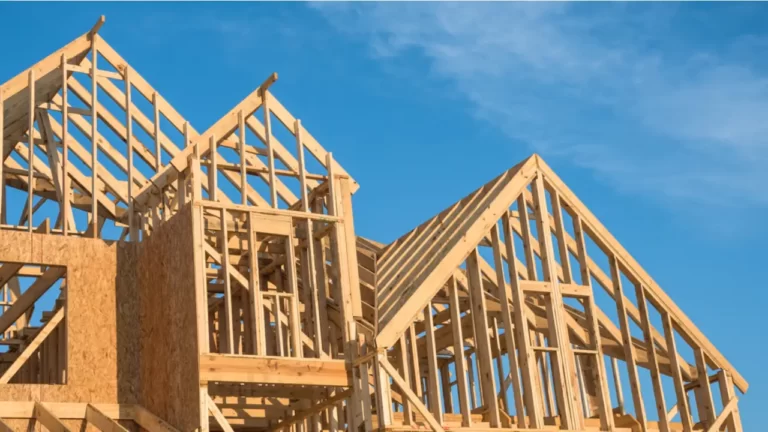Refinancing your mortgage can be a great way to save money on your monthly mortgage payment or shorten the term of your loan. However, to get the most out of your refinancing efforts, it is important to understand refinance rates and the factors that impact them. In this article, we will explore the essential information you need to know about refinance rates to make an informed decision about refinancing your mortgage.
Home Equity
Home equity is the difference between the current value of your home and the amount you owe on your mortgage. A higher home equity percentage can increase your chances of getting a lower refinance rate. The reason for this is that when you have more equity in your home, you represent less risk to the lender. Additionally, if you have a higher home equity percentage, you may be able to qualify for a cash-out refinance, which allows you to borrow against the equity in your home.
Credit Score
Your credit score is a key factor in determining your refinance rate. A higher credit score generally means a lower refinance rate, while a lower credit score can lead to a higher refinance rate. This is because lenders use credit scores to assess the risk of lending money. A higher credit score indicates that you are a low-risk borrower who is likely to repay the loan on time, while a lower credit score indicates a higher risk of default.
Loan-to-Value Ratio (LTV)
Your loan-to-value ratio (LTV) is the amount you owe on your mortgage compared to the value of your home. A lower LTV generally leads to a lower refinance rate because you represent less risk to the lender. For example, if your home is worth $300,000 and you owe $150,000 on your mortgage, your LTV is 50%. A lower LTV percentage indicates that you have more equity in your home, which reduces the risk for the lender.
Debt-to-Income Ratio (DTI)
Your debt-to-income ratio (DTI) is the percentage of your monthly income that goes towards paying off debt, including your mortgage. Lenders use this ratio to determine how much debt you can handle, and a lower DTI can lead to a lower refinance rate. Ideally, lenders like to see a DTI ratio below 36%, although some lenders may allow a higher DTI depending on other factors such as credit score and home equity.
Refinancing Options
There are several refinancing options available, including fixed-rate and adjustable-rate mortgages. Fixed-rate mortgages offer a consistent interest rate over the life of the loan, while adjustable-rate mortgages have an interest rate that can fluctuate over time. Your choice of refinancing option can impact your refinance rate, with fixed-rate mortgages generally having a higher rate than adjustable-rate mortgages.
Eligibility Requirements
Each lender has its own eligibility requirements for refinancing, and meeting these requirements can impact your refinance rate. For example, some lenders may require a minimum credit score or home equity percentage to qualify for refinancing. Additionally, lenders may consider factors such as employment history, income, and debt when determining eligibility.
What are Refinance Rates?
Refinance rates refer to the interest rate that you will pay on your new mortgage if you choose to refinance your existing mortgage. Refinance rates are determined by a variety of factors, including the current market interest rates, your credit score, and the loan-to-value (LTV) ratio of your home. Your refinance rate will also depend on the type of refinance you choose.
Types of Refinancing
There are two main types of refinancing: rate and term refinancing and cash-out refinancing.
Rate and term refinancing involves replacing your existing mortgage with a new mortgage that has a lower interest rate or a shorter loan term. This type of refinancing is ideal for homeowners who want to lower their monthly mortgage payments or pay off their mortgage faster.
Cash-out refinancing involves replacing your existing mortgage with a new mortgage that has a higher loan amount than your existing mortgage. With cash-out refinancing, you can access the equity in your home and use the funds for home renovations, debt consolidation, or other purposes.
As mentioned, These Factors Affect Refinance Rates
Several factors can affect the refinance rate you receive. The most significant factors include:
- Credit Score: Your credit score is a major factor that determines the interest rate on your mortgage. A higher credit score can qualify you for a lower interest rate, while a lower credit score may result in a higher interest rate.
- Home Equity: The amount of equity you have in your home also affects your refinance rate. If you have a higher amount of equity, you may qualify for a lower refinance rate.
- Loan-to-Value (LTV) Ratio: The loan-to-value ratio is the amount of your mortgage compared to the value of your home. A lower LTV ratio can qualify you for a lower interest rate.
- Debt-to-Income (DTI) Ratio: Your debt-to-income ratio is the amount of debt you have compared to your income. A lower DTI ratio can help you qualify for a lower interest rate.
- Loan Term: The length of your loan term can also affect your refinance rate. A shorter loan term may result in a lower interest rate, but higher monthly payments.
Refinance Rates vs. Mortgage Rates
It’s important to understand the difference between refinance rates and mortgage rates. Mortgage rates refer to the interest rate that you pay on your initial home loan. Refinance rates refer to the interest rate that you will pay on your new mortgage if you choose to refinance your existing mortgage.
Mortgage rates are affected by many of the same factors as refinance rates, including the current market interest rates, your credit score, and the loan-to-value (LTV) ratio of your home.
Closing Costs
When you refinance your mortgage, you may be required to pay closing costs. Closing costs are fees that are associated with refinancing your mortgage and can include appraisal fees, title fees, and lender fees.
Cash-out refinancing often results in higher closing costs than rate and term refinancing. It’s important to factor in the cost of closing costs when deciding whether to refinance and which type of refinancing to choose.
Eligibility Requirements
To qualify for refinancing, you will need to meet certain eligibility requirements. These requirements may include a minimum credit score, a certain amount of home equity, and a maximum debt
Refinancing your mortgage can be a great way to take advantage of lower interest rates or to access the equity in your home. Refinancing can also help you to lower your monthly mortgage payments, pay off your mortgage faster, or switch to a more favorable loan term. But before you dive into refinancing, it’s important to understand the different types of refinancing and the factors that affect refinance rates.
In conclusion, understanding the factors that impact refinance rates is essential to making an informed decision about refinancing your mortgage. Home equity, credit score, loan-to-value ratio, debt-to-income ratio, refinancing options, and eligibility requirements all play a role in determining your refinance rate. By considering these factors and working with a reputable lender, you can find the refinance option that meets your financial needs and goals.
(Ensure to check your middle credit score at Middle Credit Score® to avoid the guidelines lenders have regarding having a lower-than-average middle credit score. In today’s market, almost every lender will approve a consumer based on their middle credit score. To avoid lenders that impose higher interest rates, fees, and points; position yourself first at MiddleCreditScore.com with a strong middle credit score then allow the credit score experts to place you with their Lender affiliates so you win.)






